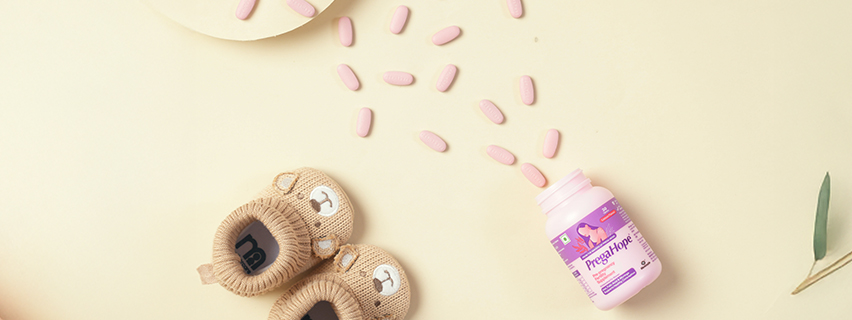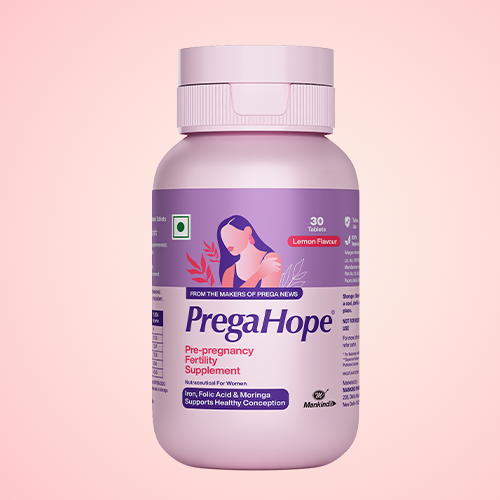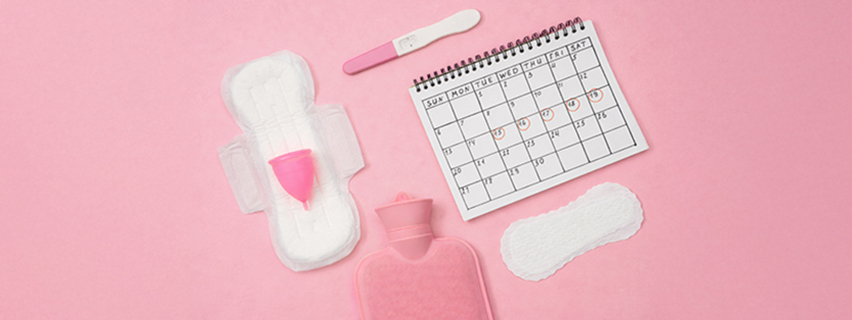What Are Prenatal Care Supplements and Why Are They Important?
Pregnancy is all about witnessing significant changes in a woman’s body, and with these changes, a need for additional nutrients that support both maternal and fetal development increases. These nutrients not only help with the growth and development of the baby but also help maintain the overall health of the mother’s body.
If you’re trying to figure out the difference between regular supplements and prenatal care vitamins , and understand what they are, here is a guide that makes it easy and understandable.
What Are Prenatal Care Vitamins?
Prenatal care vitamins are specially designed supplements that provide the additional nutrients needed during pregnancy. While a balanced diet is essential, many pregnant individuals still fall short of meeting all their nutritional needs through food alone.
Prenatal vitamins are helpfull specifically for expectant mothers in order to promote a healthy pregnancy. They support healthy fetal development, lower the chance of birth defects, and preserve the mother’s overall health. Prenatal vitamins, Unlike regular multivitamins, have higher amount of essential nutrients that are important during pregnancy, such as folic acid, iron, iodine, and vitamin D. A prenatal vitamin is a blend of vitamins and minerals designed to meet the specific nutritional needs of pregnant individuals or those trying to conceive.
The typical type of prenatal vitamin includes the following:
- Folic Acid
This is critical in the earliest stages of pregnancy to prevent neural tube defects like spina bifida. Since these defects can develop before someone knows they’re pregnant, folic acid is often recommended pre-conception.
- Iron
Your body produces more blood during pregnancy. Iron supports the increased blood volume and helps carry oxygen to the baby. It also helps prevent anemia, which can cause fatigue and complications during delivery.
- Calcium
Calcium helps build strong bones and teeth for your baby. If the diet lacks enough calcium, the body may draw it from the mother’s bones, increasing her risk of osteoporosis later in life.
- Vitamin D
Vitamin D supports calcium absorption and plays a key role in the immune function and skeletal development of the baby. It also helps maintain muscle and nerve function in the mother.
- Vitamin B12 and B6
These help in red blood cell formation, DNA synthesis, and may reduce nausea in early pregnancy.
- DHA (Omega-3 Fatty Acids)
Often included in a separate soft gel, DHA supports the baby’s brain and eye development.
Each ingredient is present in pregnancy-safe doses, which is why prenatal multivitamins should only be taken under medical guidance, especially if you’re already taking other supplements.
Also Read – How Pre-Pregnancy Supplements Boost Your Fertility

Why Are Prenatal Vitamins Important?
Nutritional deficiencies during pregnancy can impact both the mother’s health and the baby’s development. Prenatal vitamins help bridge that gap.
Key Benefits of Taking Prenatal Vitamins:
- Supports Early Brain and Neural Development
Folic acid and DHA help with the baby’s brain and spinal cord formation, especially during the first trimester. - Reduces Risk of Birth Defects
Deficiencies in certain nutrients, like folate and iodine, are linked to congenital issues. Supplements help lower this risk. - Improves Maternal Energy and Health
Iron reduces fatigue by preventing anemia. Vitamin B6 and B12 contribute to improved energy levels. - Strengthens Bones and Teeth
Calcium and vitamin D ensure the baby gets the minerals needed for skeletal growth without depleting the mother’s reserves. - Boosts Immune Function
Adequate levels of nutrients like zinc, vitamin D, and C help maintain a healthier immune response during pregnancy.
When Should You Start Taking Prenatal Vitamins?
It’s recommended to start at least 1 month before conception, if possible. That’s because some nutrients, like folic acid, are most beneficial in the earliest days after fertilization, often before a pregnancy is confirmed.
You should continue taking prenatal vitamins:
- Throughout pregnancy
- During postpartum recovery
- While breastfeeding, if advised by your doctor
Some healthcare providers recommend continuing them for up to 6 months postpartum, especially for lactating individuals.
Are All Prenatal Vitamins the Same?
Formulas may differ by brand or country, but it is important to understand that no prenatal vitamins are the same. Some prenatal multivitamins include DHA; others require a separate capsule. Some are vegetarian; others are not. Dosage amounts may also vary slightly.
Here’s what to check:
- Does it include at least 400 mcg of folic acid and 27 mg of iron?
- Is DHA included, or do you need a separate supplement?
- Does it meet your dietary preferences (gelatin-free, allergen-free, etc.)?
It’s best to consult your gynaecologist before picking one, especially if you have pre-existing conditions, are on medication, or follow a restricted diet.
How to Take Prenatal Multivitamins Correctly
Proper dosage and timing help reduce common side effects like upset stomach, constipation, or a metallic taste. Here is how you should incorporate the prenatal supplements into the routine.
- Take with food to reduce nausea
- Stay hydrated to ease constipation caused by iron
- Follow timing instructions- some work better in the morning, others at night
- Avoid doubling up if you miss a dose; just resume the regular schedule
These vitamins do not replace healthy eating, but they fill in crucial nutritional gaps that are hard to meet through food alone. For the safest results, always choose prenatal vitamins under medical supervision and continue routine prenatal checkups to monitor progress.
Frequently Asked Questions
1. Can I take prenatal vitamins if I’m not pregnant yet?
Yes. If you’re planning to conceive, start taking them at least one month before trying. This helps ensure your body is ready to support a healthy pregnancy from day one.
2. Do prenatal vitamins help with morning sickness?
Certain vitamins, like vitamin B6, are known to reduce nausea in early pregnancy. However, the benefit may vary. Always check with your doctor before using prenatal supplements for symptom relief.
3. What if I miss a day of taking my prenatal supplement?
Missing a day occasionally isn’t harmful. Just take your next dose as scheduled, don’t double it. However, consistency becomes more important over time.
4. Can I get all the nutrients from food instead?
In theory, yes, but in practice, it’s difficult. Nausea, appetite changes, and Dietary choices can make it hard to get enough iron, folate, and other essentials from food alone. That’s why these supplements are recommended.
5. Is it okay to switch prenatal vitamin brands?
Yes, but make sure the new one meets the required nutrient levels. If switching due to side effects, consult your doctor for a formulation that works better for you.













































Leave a comment